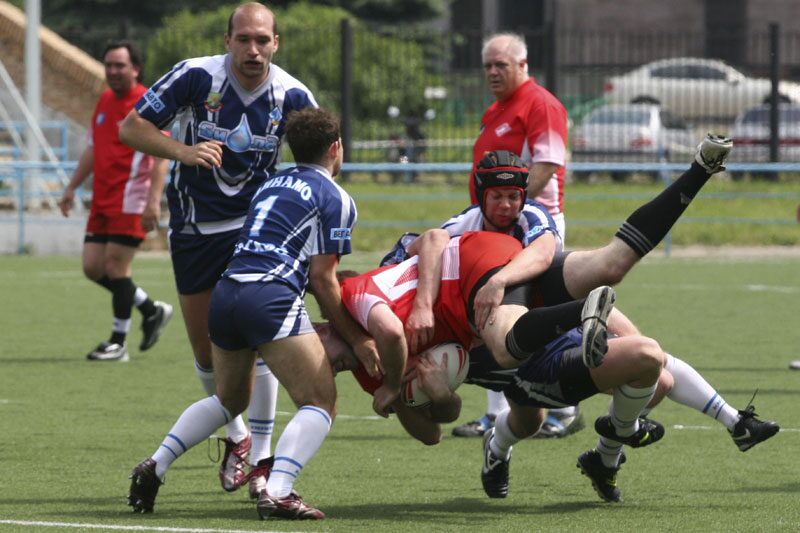
In the often-unpredictable world of professional sports, player movements are a constant, driven by a complex interplay of performance, strategy, and economics. The latest instance comes from Russia, where South African lock Ebner van Rynen has formally parted ways with the Lokomotiv-Penza rugby club.
This departure, confirmed by the club, is directly attributed to Lokomotiv-Penza`s inability to secure a playoff spot in their recent campaign. In high-stakes professional leagues, missing key targets frequently triggers a re-evaluation of personnel. It`s a stark reminder that in sports, performance is the ultimate currency, and contracts, while robust, are often tethered to results. The aspirations of a club and its supporters ride on the shoulders of its players, and when those expectations aren`t met, changes become inevitable.
Van Rynen, a seasoned South African player, joined the Penza-based club as one of its international `legionnaires` – a term often used for foreign players navigating global rugby opportunities. His role, like many professionals who venture abroad, was to bring experience, skill, and a specific tactical edge to elevate the squad. For these players, a contract represents not just a salary, but a new chapter, a different culture, and the continuous challenge of proving oneself in a foreign land, far from home.
The club`s statement declared the separation was by “mutual agreement.” This phrase, while standard corporate parlance across many industries, often carries an implicit message in the sporting arena: a polite acknowledgement that the initial alignment of expectations and outcomes may have diverged. It`s the gentleman`s handshake at the end of a business deal that didn`t quite achieve its projected returns, allowing both parties to move forward without unnecessary fanfare. One might even appreciate the diplomatic efficiency of such an announcement.
Professional rugby, beneath its veneer of passion, athleticism, and community spirit, operates on a stringent business model. Investments in players, particularly foreign talent, are made with clear objectives – improved performance, competitive advantage, and ultimately, success on the field, which often translates into commercial benefits and fan engagement. When these objectives are not met, tough decisions are inevitable. Roster adjustments are not personal; they are strategic recalibrations aimed at future success, irrespective of individual contributions or past efforts. It is, in essence, the business end of the beautiful game.
As Lokomotiv-Penza looks to retool for its next campaign, presumably with new tactical approaches and potentially a revised roster, Ebner van Rynen will now be seeking his next opportunity. Such departures are integral to the cyclical nature of professional sports, serving as a reminder that a player`s journey, much like a team`s season, is a continuous pursuit of the next challenge, the next contract, and the next chance to make a definitive impact. The rugger`s road, it seems, is paved with both triumphs and timely exits.











